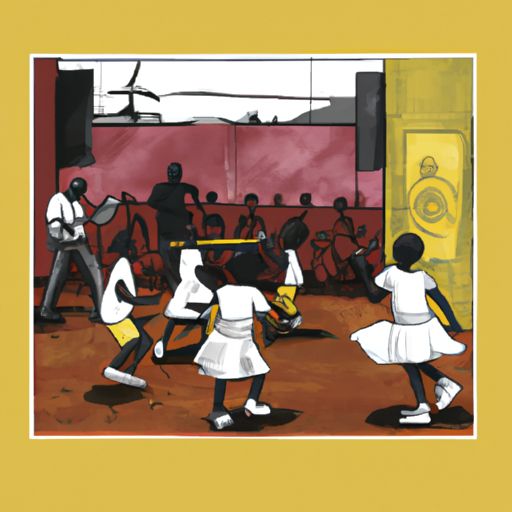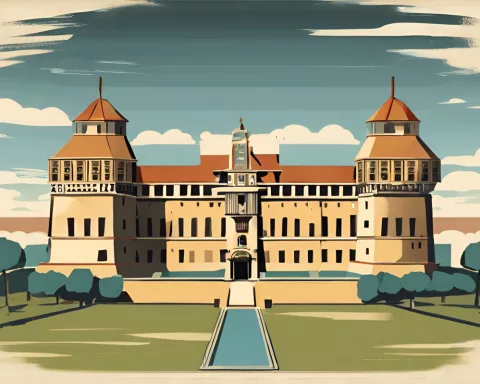Triplets Ghetto Kids, an Ugandan dance group, have garnered international acclaim for their high-octane performances, captivating audiences worldwide. Established in 2014 by Kavuma Dauda, Triplets Ghetto Kids emerged as a creative outlet for a group of street children in Kampala. Over time, they have become a globally recognized phenomenon, renowned for their fusion of traditional African dance styles with contemporary dance moves
Their meteoric rise to fame began with the release of a homemade dance video to “Sitya Loss,” a song by Ugandan artist Eddy Kenzo. The video became an instant hit, quickly going viral and capturing worldwide attention. In addition, their raw energy and exceptional talent earned them several international accolades, including the Afrimma Award, the Recording Industry Association of America, and the YouTube Creators Award.
An Integration of Heritage and Modernity
Triplets Ghetto Kids’ performances blend popular African songs and traditional African dance styles that feature innovative contemporary elements. Their choreography embodies their ingenuity and skill, and their performances are a stunning visual display of rhythm, motion, and sentiment. The group has collaborated with some of the world’s top choreographers, who have aided in elevating their art to new heights.
Their signature moves reflect the interplay of artistic and cultural influences between sub-Saharan African countries. The group also understands the impact of perpetuating and debunking stereotypes about Africa through unexpected and humorous interpretations of their influences. In addition, they possess a rare talent for seamlessly combining traditional African dance styles with contemporary dance moves, creating a unique manner.
The Transformative Power of Dance
Triplets Ghetto Kids are not merely exceptional dancers but a beacon of hope for underprivileged children. Since 2007, Kavuma Dauda’s foundation has provided shelter, food, and education to children from Kampala’s streets. The foundation leverages music, dance, and drama to assist children in accessing a better life. Triplets Ghetto Kids exemplifies how creativity and talent can be harnessed to effect positive change.
Their performances celebrate African culture, and their success exemplifies dance’s unifying and transformative power. They have demonstrated that anything is achievable with hard work, commitment, and a passion for their art. Triplets Ghetto Kids are proof that talent transcends boundaries, and their message of optimism and hope is a source of inspiration to all..












